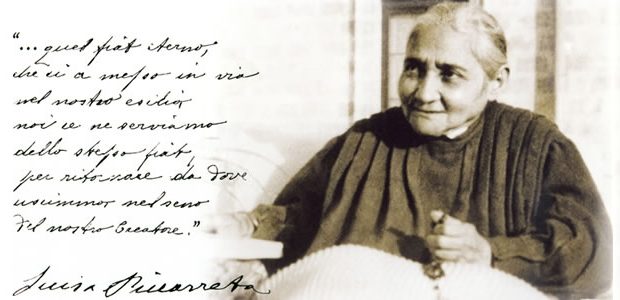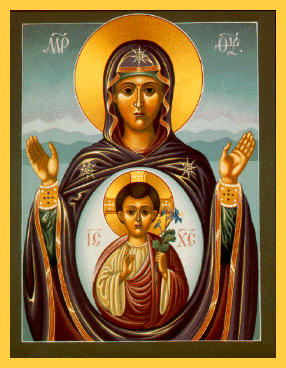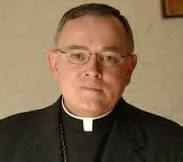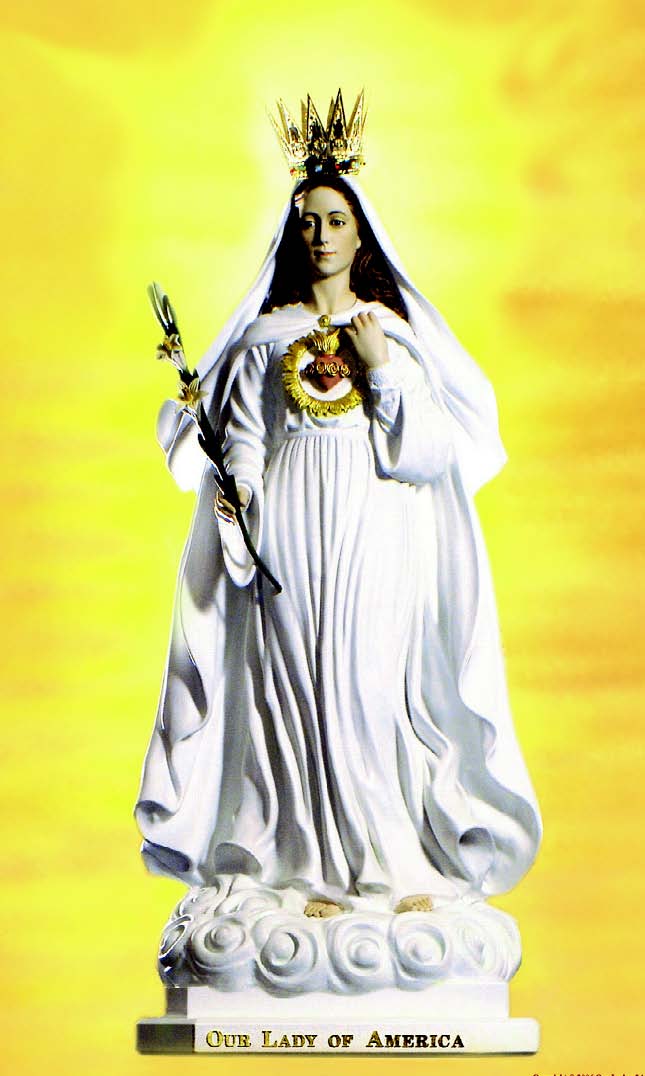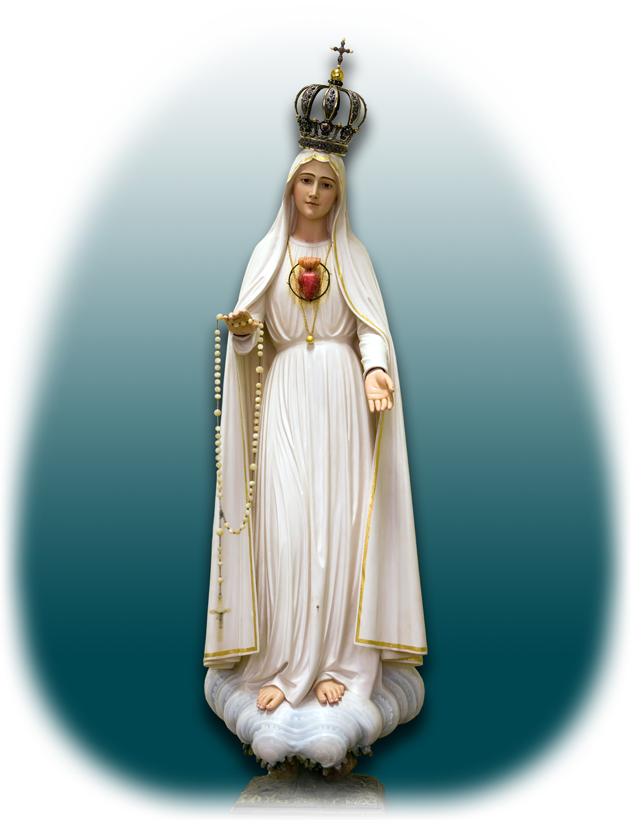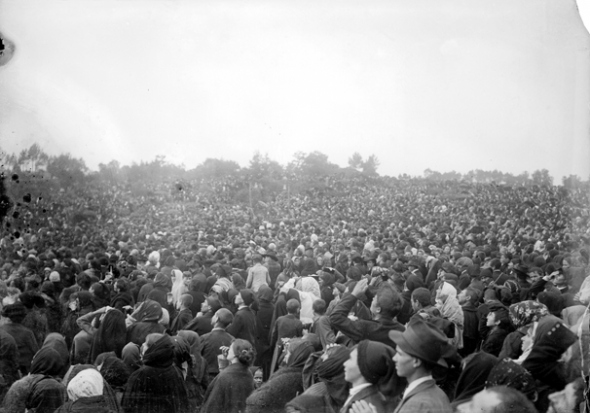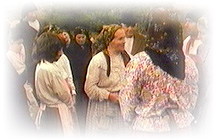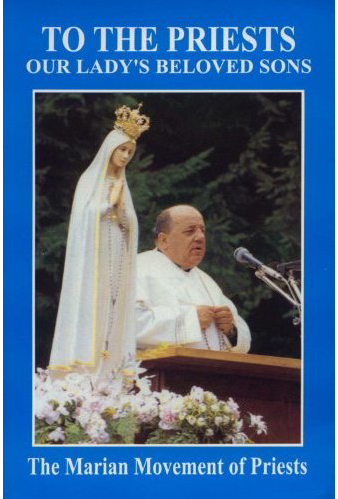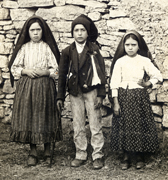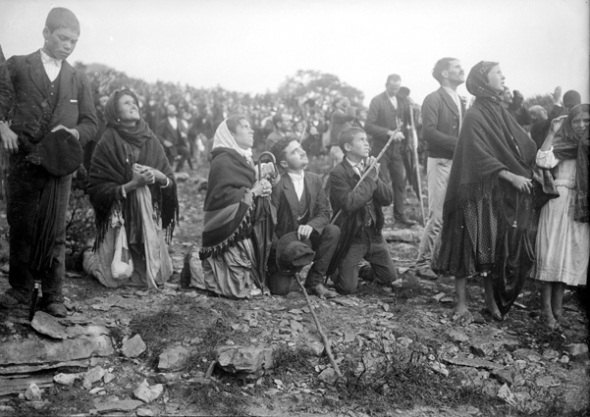“The Virgin Mary Perfectly Incarnates the Spirit of Advent”
VATICAN CITY, DEC. 2, 2012 -Address Benedict XVI gave on Sunday before and after praying the midday Angelus in St. Peter’s Square.
Dear brothers and sisters!
Today the Church begins a new liturgical year, a journey that is subsequently enriched by the Year of Faith, which we observe 50 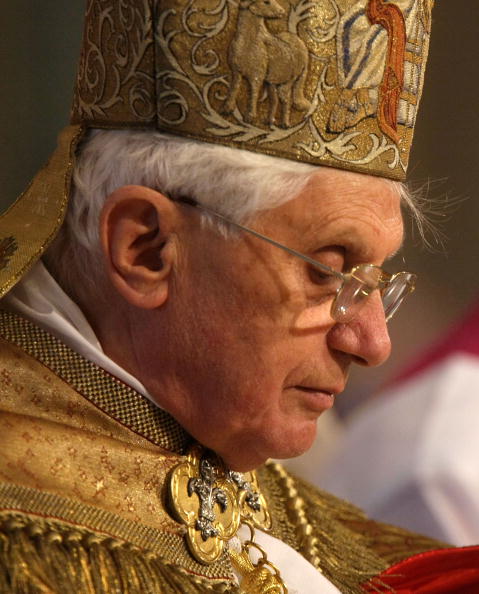 years after the opening of the Second Vatican Council. The first part of this journey is Advent, constituted, in the Roman Rite, by the 4 weeks that precede the Christmas of the Lord, that is, the mystery of the Incarnation. The word “advent” means “coming” or “presence.” In the ancient world it indicated the visit of the king or emperor to a province; in the language of Christianity it refers to the coming of God, to his presence in the world; a mystery that involves the entire cosmos and all of history, but that knows 2 culminating moments: the first and the Second Coming of Jesus Christ. The first is precisely the Incarnation; the second his glorious return at the end of time. These 2 moments that are chronologically distant – and it is not given to us to know how distant – touch each other in their depths, because with his death and resurrection Jesus has already realized that transformation of man and the cosmos that is the final goal of creation. But before the end, it is necessary that the Gospel be preached to all nations, Jesus says in the Gospel of St. Mark (Mark 13:10). The Lord’s coming continues, the world must be penetrated by his presence.
years after the opening of the Second Vatican Council. The first part of this journey is Advent, constituted, in the Roman Rite, by the 4 weeks that precede the Christmas of the Lord, that is, the mystery of the Incarnation. The word “advent” means “coming” or “presence.” In the ancient world it indicated the visit of the king or emperor to a province; in the language of Christianity it refers to the coming of God, to his presence in the world; a mystery that involves the entire cosmos and all of history, but that knows 2 culminating moments: the first and the Second Coming of Jesus Christ. The first is precisely the Incarnation; the second his glorious return at the end of time. These 2 moments that are chronologically distant – and it is not given to us to know how distant – touch each other in their depths, because with his death and resurrection Jesus has already realized that transformation of man and the cosmos that is the final goal of creation. But before the end, it is necessary that the Gospel be preached to all nations, Jesus says in the Gospel of St. Mark (Mark 13:10). The Lord’s coming continues, the world must be penetrated by his presence.
Our collaboration is required in this permanent coming of the Lord in the proclamation of the Gospel; and the Church, which is like the Bride to be, the Betrothed of the crucified and risen Lamb of God (Apocalypse 21:9), in communion with her Lord collaborates in this coming of the Lord in which his glorious return already begins.
The Word of God reminds us of all this today, describing the conduct that is necessary to ready for the 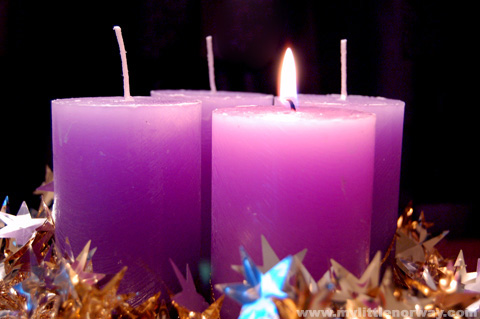 Lord’s coming. In the Gospel of Luke Jesus says to the disciples: “Do not let your hearts be weighed by dissipation, drunkenness and the troubles of life … be vigilant, therefore, praying at all times” (Luke 21:34, 36). So, sobriety and prayer. And the apostle Paul also invites us to “grow and superabound in love” among ourselves and toward others, to make our hearts strong and blameless in sanctity (1 Thessalonians 3:12-13). In the midst of the upheavals of the world, or in the deserts of indifference and materialism, Christians welcome the salvation that comes from God and bear witness to it with a different way of living, like a city set on a hill. “In those days,” the prophet Jeremiah announces, “Jerusalem will live in peace and be called ‘the Lord our justice’” (33:16). The community of believers is a sign of God, of his justice, which is already present and active in history but is not yet fully realized, and because of this is always awaited, invoked, sought with patience and courage.
Lord’s coming. In the Gospel of Luke Jesus says to the disciples: “Do not let your hearts be weighed by dissipation, drunkenness and the troubles of life … be vigilant, therefore, praying at all times” (Luke 21:34, 36). So, sobriety and prayer. And the apostle Paul also invites us to “grow and superabound in love” among ourselves and toward others, to make our hearts strong and blameless in sanctity (1 Thessalonians 3:12-13). In the midst of the upheavals of the world, or in the deserts of indifference and materialism, Christians welcome the salvation that comes from God and bear witness to it with a different way of living, like a city set on a hill. “In those days,” the prophet Jeremiah announces, “Jerusalem will live in peace and be called ‘the Lord our justice’” (33:16). The community of believers is a sign of God, of his justice, which is already present and active in history but is not yet fully realized, and because of this is always awaited, invoked, sought with patience and courage.
The Virgin Mary perfectly incarnates the spirit of Advent; this spirit is one of listening to God, of profound desire to do his will, of joyous service to our neighbor. Letting ourselves be guided by her, so that the God who comes does not find us closed and distracted, but can, in each one of us, extend a part of his Kingdom of love, of justice and of peace.
